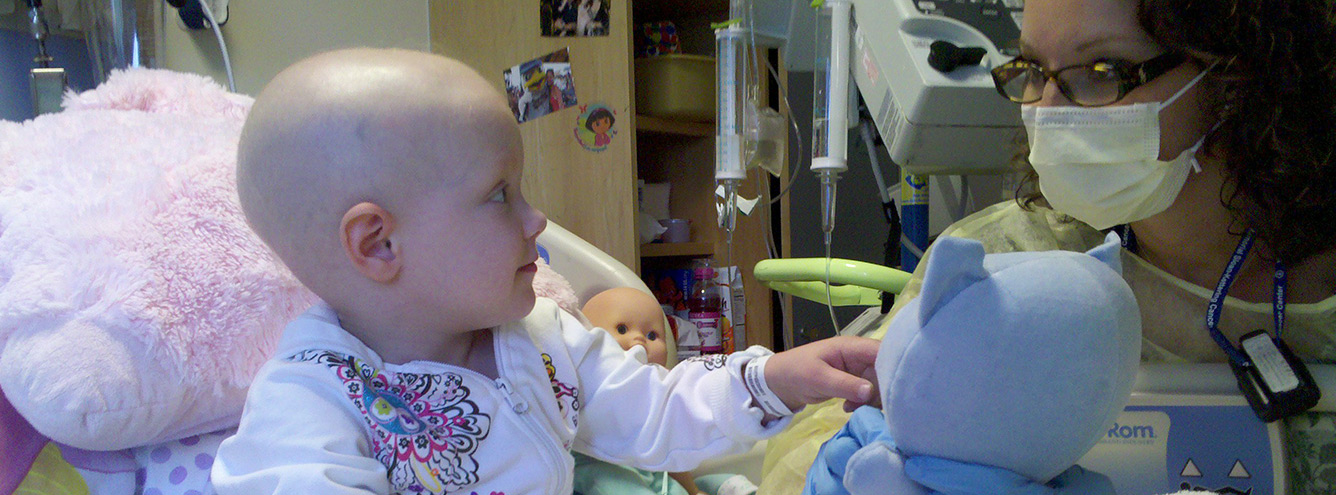Siblings share their parents’ feelings of shock, denial, guilt, overwhelming pain and fatigue.
Sibling grief is especially hard for very young children who may not understand the permanence of death and do not yet have the language to express their strong emotions.
The death of a brother or sister may force children to assume a new identity as the eldest, youngest or only child, even as they mourn. Children may struggle immensely with the changes, and feel guilty for being alive.
Sadly, siblings frequently do not receive the support they need to help them cope with their strong emotions. They often feel neglected, and believe their grief is unimportant as attention is focused primarily on their grieving parents.
How Children Cope
Grieving children exhibit many of the symptoms of stress experienced during their sibling’s treatment. In mourning, these behaviours and physical responses may be especially intense. Tantrums may become more frequent in preschool and school age children, and even teenagers.
Siblings often become over-protective of one another and their parents. They may be unusually anxious about being separated from you or about going to the doctor. Siblings who require regular eye exams for surveillance or treatment of retinoblastoma may develop fear of equipment and procedures with which they previously coped well.
Many children try to fill the void left by their brother or sister. They may adopt the mannerisms or interests of their sibling, even if they were not previously shared.
School age siblings may embrace the routine and stability of school, but struggle with poor concentration. This may cause grades to slip without good understanding and support from teachers.
Sharing Feelings
Your children may feel they cannot burden you with their emotions. They see how raw your pain is, and want to protect you. They may feel their grief is less important than yours, especially if well-meaning friends or relatives tell them they must help you by being strong or good.
You may feel you need to hide your emotions for the same reasons. Children are highly sensitive, and there is no hiding the enormity of this loss. When you allow one another to suppress strong feelings, siblings will become isolated and their trauma magnified, with lasting negative effects.
Supporting Children
Remind your children often that they are irreplaceable. Celebrate the things that are special about each of them as individuals. Tell them you are sorry they have lost their sibling, and reassure them that you love them just as much as their brother or sister who has died.
Your children may feel they need permission from you to share how they feel. You will be experiencing very similar emotions. Sharing your feelings will help your children feel more comfortable sharing theirs with you.
Talk with your children at their level. Use language they understand, and encourage conversation through activities they enjoy. If you have children of different ages, taking time with them individually can be helpful.
Don’t make assumptions about how siblings feel or what is important to them in their grief. Just like you, they have the right to grieve in their own way, at their own pace. Encourage them and help them do what feels right for them, as long as their actions are not dangerous or damaging.


